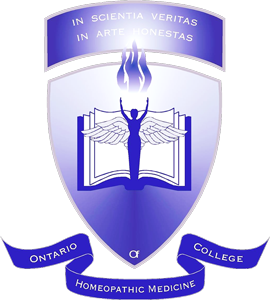Homeopathy was first defined by Dr. Samuel Hahnemann of Germany in the 18th century. The word Homeopathy comes from the Greek homoeo (meaning similar) and pathos (meaning suffering) and its origins can be traced back to the times of Hypocrates. Dr. Hahnemann found that symptoms of a poisoning could be cured by administering the poison through a homeopathic preparation – the symptoms that the poison created can also be cured with the same poison in different concentration. This is called “Similia Similibus Curentur”, which means “like cures like”.
HISTORY OF HOMEOPATHY
How did he come to this realization? Dr. Hahnemann was a Medical Doctor who ran his own practice. He was disillusioned by the way medicine was being conducted and the way patients were being treated for their ailments, objecting to the harsh practices of the time such as bloodletting, purging, leeches and the use of toxic chemicals. He closed his medical practice and began to work as a chemist while translating medical texts. In translating William Cullen’s Materia Medica into German he became aware of the principle of “Similars”. Dr. Hahnemann experimented with the South American tree-bark (Chincona) which was used to treat malaria induced fever. In 1790, he began his first homeopathic experiment by ingesting a toxic amount of the bark. He found that the bark produced symptoms in him (a healthy person) that were malaria-like and came to the conclusion that if a crude dose of a substance can create symptoms in a healthy person, an infinitesimal dose of the same substance can cure those very symptoms in a “sick” person.

Dr. Hahnemann spent the next six years experimenting. He wrote scientific papers on his findings and in spite of being persecuted for his discoveries, the popularity of Homeopathic Medicine grew. Dr. Hahnemann kept meticulous records of his findings and together with his clinical trials developed a homeopathic clinical practice. He introduced the concept of potentization as well as using the totality of the patient’s symptoms to cure and was able to successfully treat his patients. Dr. Hahnemann practiced homeopathy for 50 years until his death in 1843.
Homeopathy had a large impact on medicine: the first Homeopathic Hospital opened in 1832 and Homeopathic Medical schools opened all around Europe. Homeopathic practitioners often had better therapeutic results than did their allopathic counterparts and the public took notice, demanding better care from all physicians. Today, homeopathy has received acclaim for its inexpensive and successful treatment of epidemics world-wide, as well as a constantly growing population of people who are committed to its gentle effectiveness.
